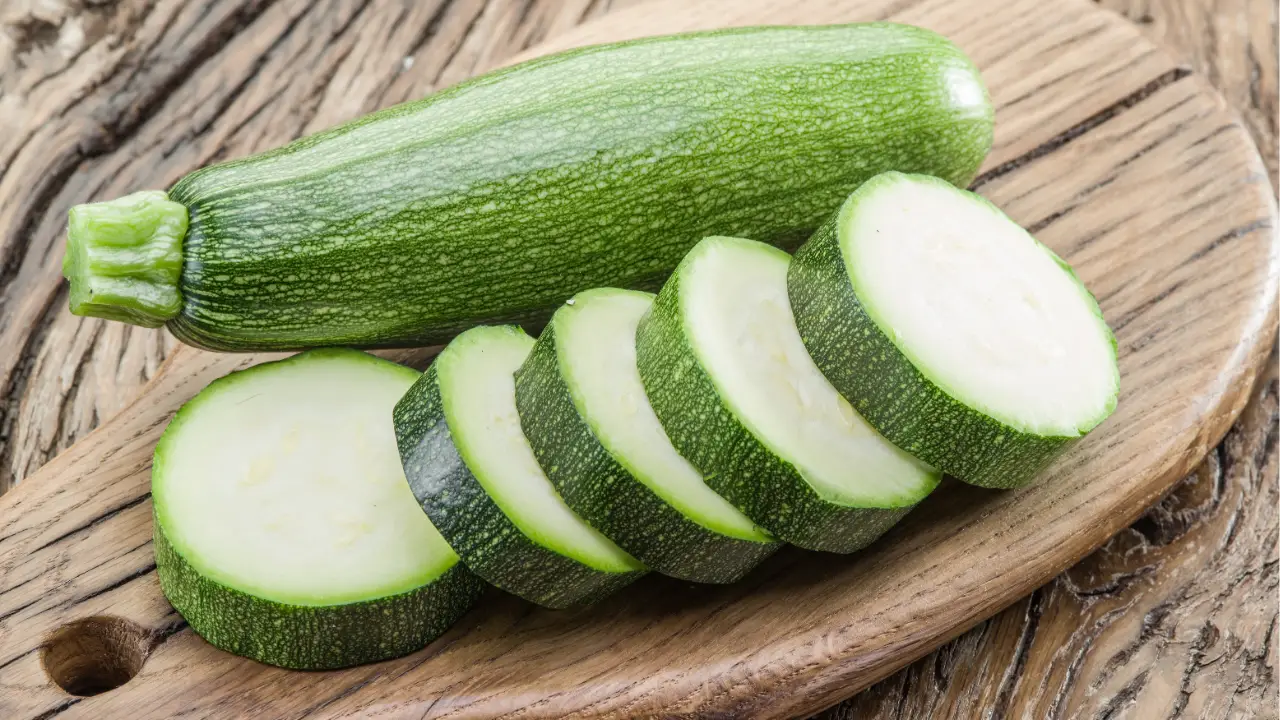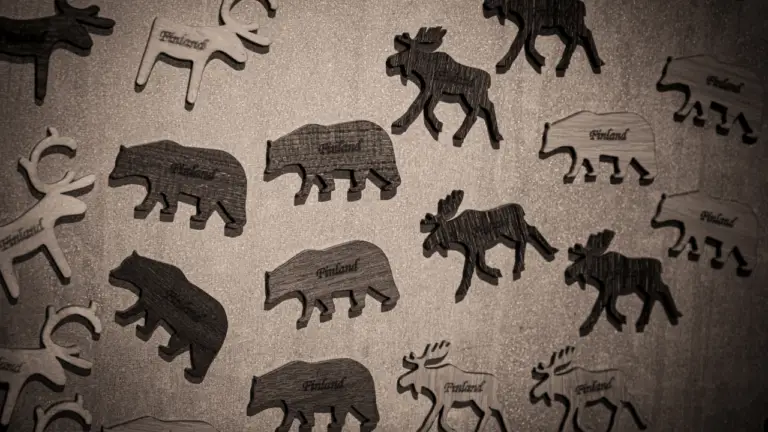How Long Do Zucchini Last?

Zucchini, a versatile summer squash, is a staple in many kitchens due to its mild flavor and adaptability in various recipes. Whether you’re growing zucchini in your garden or picking it up from the store, knowing how long it lasts is essential to enjoy it at its best. Proper storage techniques can significantly extend its shelf life, allowing you to savor its freshness for as long as possible.
Zucchini typically lasts about 1 to 2 weeks when stored in the refrigerator. Freshly harvested zucchini can last longer, while zucchini stored at room temperature will spoil more quickly.
Freshness of Zucchini
Zucchini is best when it is fresh, as its texture and flavor are at their peak. Fresh zucchini has a firm, glossy skin without any soft spots or blemishes. If you have freshly harvested zucchini from your garden, it can last up to two weeks in the refrigerator. Store-bought zucchini, depending on its freshness at the time of purchase, typically lasts between one to two weeks as well.
To maximize the freshness of zucchini, it’s important to handle it carefully. Avoid washing it until you’re ready to use it, as excess moisture can hasten spoilage. Keeping it dry and uncut helps in maintaining its firmness and taste for a longer period.
Refrigerator Storage
Refrigeration is the best way to prolong the shelf life of zucchini. Place unwashed zucchini in a plastic or paper bag with some holes to allow for air circulation. This prevents moisture buildup and mold growth. Store the bag in the crisper drawer of your refrigerator, which helps maintain the right humidity level for vegetables.
Properly stored zucchini in the fridge can maintain its quality for about 1 to 2 weeks. Checking the zucchini periodically for any signs of spoilage, such as soft spots or a slimy texture, will help ensure that you use it before it goes bad. If any zucchinis show signs of spoilage, remove them to prevent affecting the rest.
Freezing Zucchini
Freezing zucchini is an excellent way to extend its shelf life beyond the usual one to two weeks in the refrigerator. Before freezing, it’s important to blanch the zucchini to preserve its color, texture, and flavor. Blanching involves briefly boiling the sliced zucchini and then plunging it into ice water to stop the cooking process.
After blanching, drain and pat the zucchini slices dry, then spread them on a baking sheet in a single layer to freeze. Once frozen, transfer the slices to a freezer-safe bag or container. Properly frozen zucchini can last up to 10 to 12 months. Although it may lose some of its firmness upon thawing, it remains suitable for cooked dishes such as soups, stews, and casseroles.
Signs of Spoiled Zucchini
Knowing the signs of spoiled zucchini is crucial to avoid consuming bad produce. Spoiled zucchini often has a soft, mushy texture and may develop dark spots or mold. The skin may become wrinkled or shriveled, and the vegetable might emit an unpleasant odor. If the zucchini is cut, it should have a clean, firm flesh without any discoloration or sliminess.
Consuming spoiled zucchini can lead to foodborne illnesses, so it’s important to discard any that show signs of spoilage. Regularly checking your stored zucchini and ensuring proper storage conditions can help you catch any spoilage early and prevent it from spreading to other produce.
Conclusion
Zucchini is a delicious and versatile vegetable that can last up to two weeks when stored properly in the refrigerator. Freezing is an excellent option for longer-term storage, preserving its use in various dishes for months. By understanding the signs of spoilage and employing proper storage techniques, you can enjoy fresh zucchini for as long as possible.






